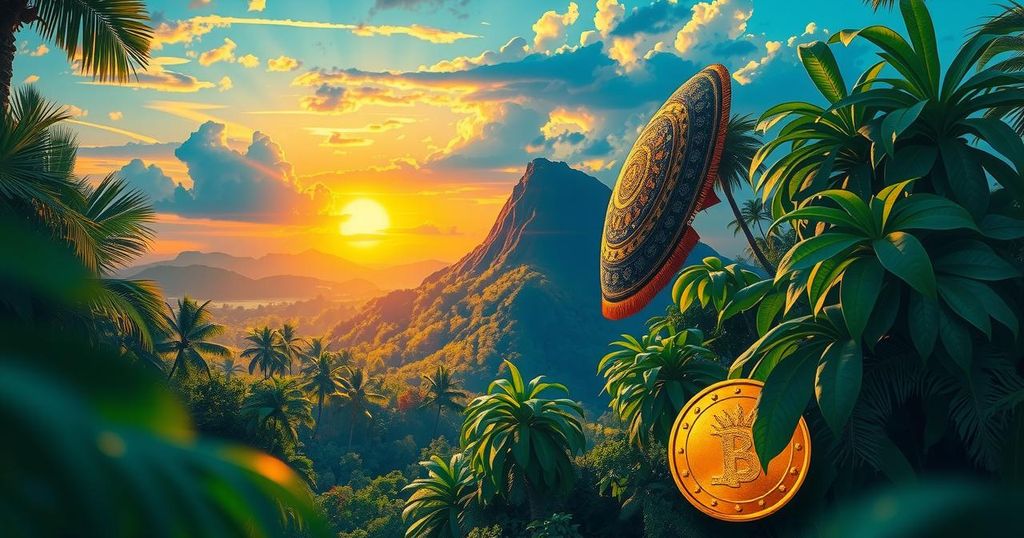Wealth and Power: The Rise of the M23 Militia in Eastern Congo
The M23 militia, backed by Rwanda, is exerting control over eastern Democratic Republic of Congo, threatening national sovereignty. It governs Goma, exercises authority like a state, and seeks to expand its influence amid ongoing conflict and international concerns, highlighting the region’s instability.
The M23 militia currently controls significant areas of eastern Democratic Republic of Congo, posing a challenge to the nation’s sovereignty. Backed by Rwanda, this group has seized control of vital resources, including rare-earth minerals essential for smartphone production, as well as profitable trafficking routes and extensive arsenals of weapons. The lives of millions are affected as M23 dominates the region.
In the city of Goma, near the Rwandan border, M23 soldiers patrol and govern following the group’s recent territorial gains. Despite the ineffectiveness of Congo’s military and condemnation from the United Nations Security Council, M23’s influence continues to expand. Recently, leaders from Congo and Rwanda entered discussions in Qatar, advocating for an immediate cease-fire, yet M23 remains silent on compliance.
Once a disorganized militia, M23 has evolved into a quasi-governing body. It now exercises authority over bustling towns, rich gold and coltan mines, and critical border crossings. By issuing immigration stamps, its leaders have encouraged local youth to enlist in their ranks to “liberate Congo.” M23 has ambitious plans to advance towards Kinshasa, the capital, asserting a growing threat to the Congolese state, which has experienced profound turmoil over the past three decades.
In summary, the M23 militia, supported by Rwanda, now wields considerable power in eastern Democratic Republic of Congo, controlling essential resources and regions while challenging national sovereignty. Despite international outcry and attempts at negotiation, M23’s ambitions to expand further into Congo’s territory remain evident. The situation poses serious implications for the region’s stability and the lives of millions affected by ongoing conflicts.
Original Source: www.nytimes.com




Post Comment